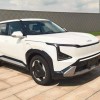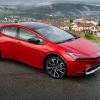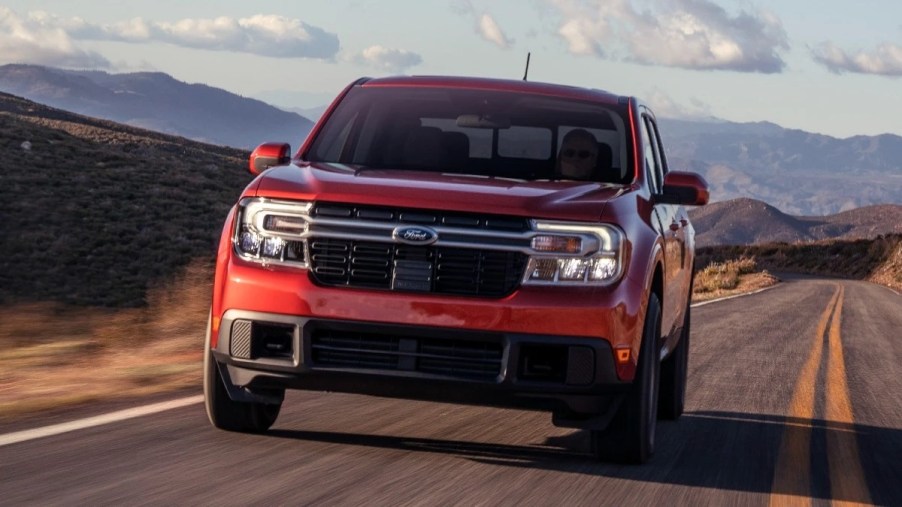
What Is the Gas Price That Causes Hybrid Sales to Spike?
Is the Toyota Prius the “$3 car?” This question brings about some questions and explanations. While we know the Toyota Prius as the most popular hybrid car in the auto market, it’s not the only one offered. A better way to ask this question is in the title. At what price do we begin to look for hybrid cars to drive? Let’s explore this thought.
What are consumers searching for when gas prices increase?
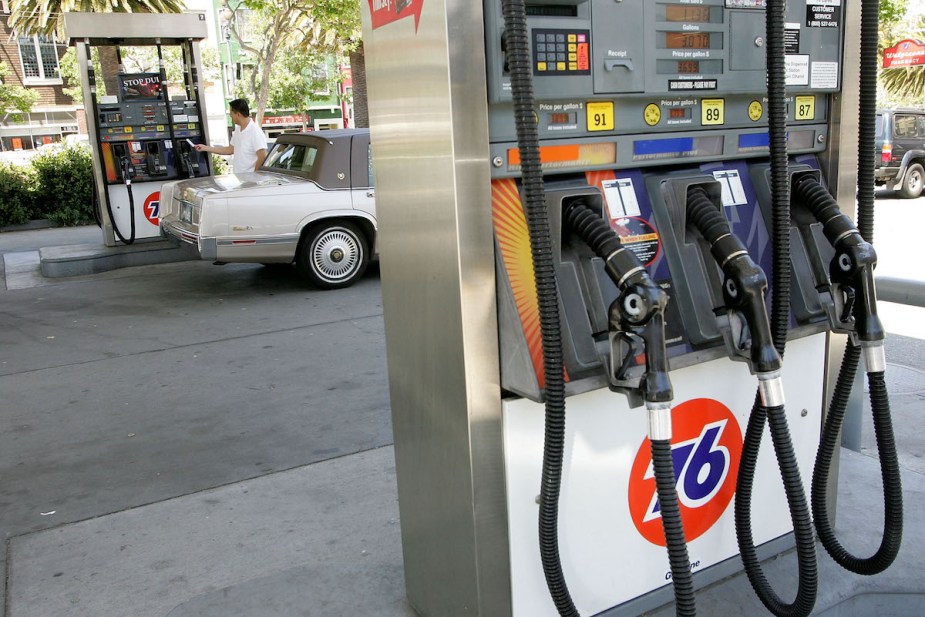
When gas prices skyrocket, as they did earlier in the year, consumers look for fuel-saving alternatives. This is where the idea that Toyota Prius sales increased at $3.00 per gallon came from.
At one time, $3.00 per gallon for gas might have seemed a ridiculous price, and it certainly is, but that’s not the case right now. In some areas of the country, drivers might feel that paying $3.00 per gallon is reasonable.
Time tells us that more consumers than ever report they will look for alternative fuel options, which include hybrid cars, plug-in hybrids, and electric vehicles when the price per gallon of gas hits $5.00.
Are there more and better hybrids offered today?
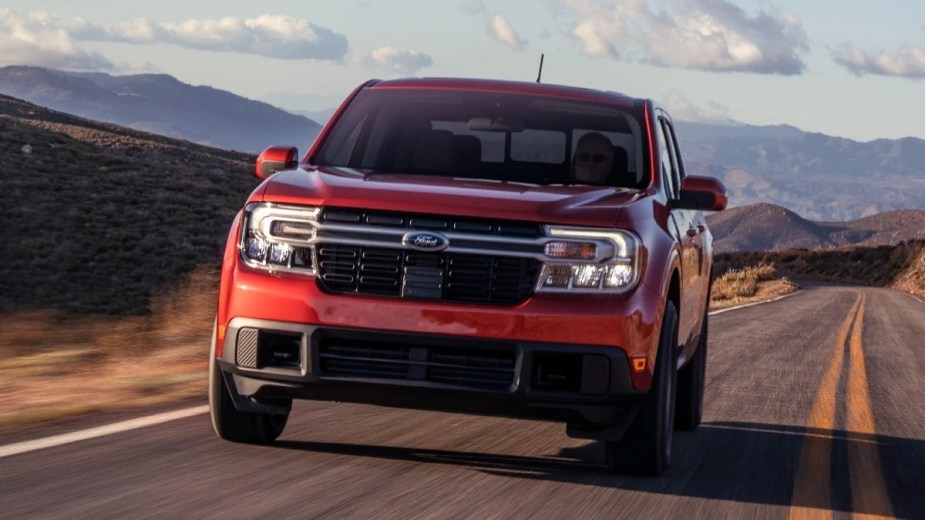
Yes, there are now more hybrid vehicles than ever, and most are much better than early models. This wide variety makes it much easier to find a useful hybrid vehicle to drive. Consumer Reports tells us that some hybrid models can pay you back with excellent fuel mileage over time. This means some of the best hybrid vehicles to buy right now are:
- Lexus NX
- Ford Maverick
- Hyundai Santa Fe Hybrid
- Toyota Highlander Hybrid
- Honda Accord Hybrid
- Honda CR-V Hybrid
- Toyota RAV4 Hybrid
Do hybrid cars hold their resale value?
Yes, most hybrid cars depreciate at the same rate as their gas-powered counterparts. The higher price and added fuel savings of hybrid vehicles allow them to return higher resale value and hold their value over time.
What is the future of hybrid cars?
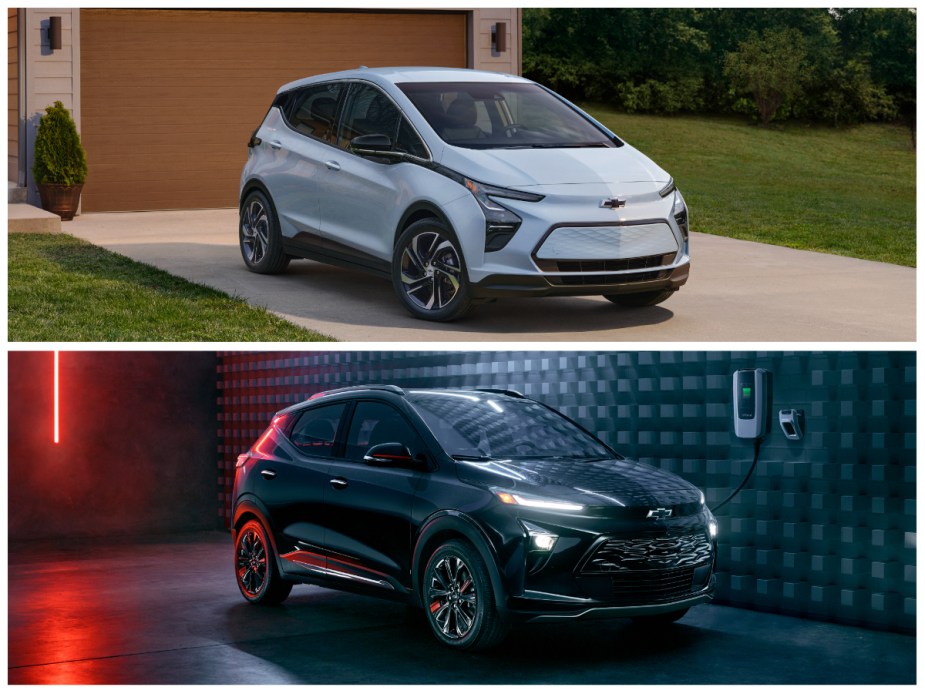
The future of hybrid vehicles is relatively uncertain. As more electric vehicles are built, hybrid cars will likely begin to disappear. An example of this has already happened in the Chevrolet lineup. Once the Chevy Bolt EV was mainstreamed, the Volt plug-in hybrid was deleted from the lineup.
The public interest, coupled with new regulations that drive the market toward fully-electric vehicles could easily push more hybrids out of the market over the next few years. We might see some plug-in hybrids remaining into the next decade, but traditional hybrids could be gone for good.
How has inflation changed our expectations?
The sickening truth about inflation is that we get used to it. This is one reason why as many as 56% of people surveyed by Time said they would consider buying an electric vehicle when gas prices crossed $5/gallon. Today, that number is less than half, which shows how we get used to higher prices and adjust our budgets for the higher cost of consumable items that we can’t live without.
How will our views of hybrid cars change?
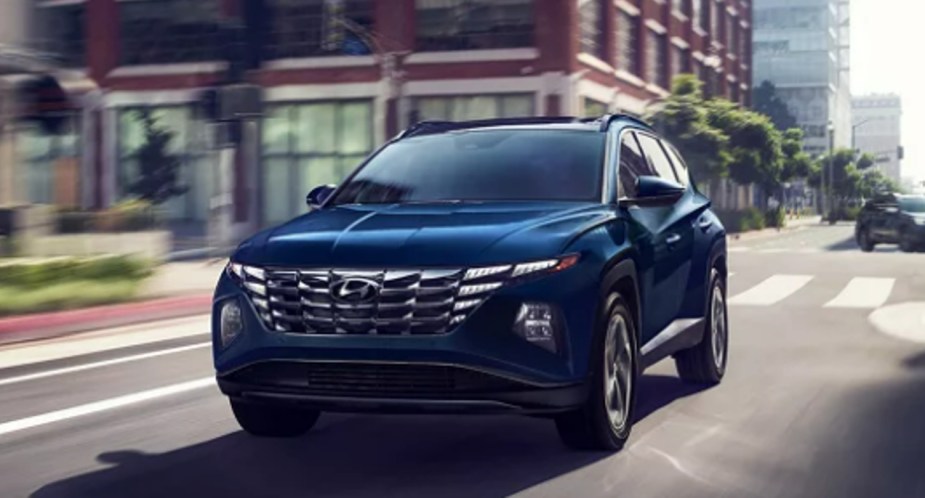
Instead of a question about the Toyota Prius, the future conversation might be, “how high do gas prices need to get before you buy a Chevy Bolt EV?” Right now, the price has moved from $3/gallon to $5.00, which is a significantly inflated cost. Hybrid cars might not make it out of this decade, but alternative fuel sources are growing, making it easier to find other ways to drive than using gasoline or diesel.
Next, check out these five affordable luxury SUVs, or see some of the best hybrid cars in this video below:

